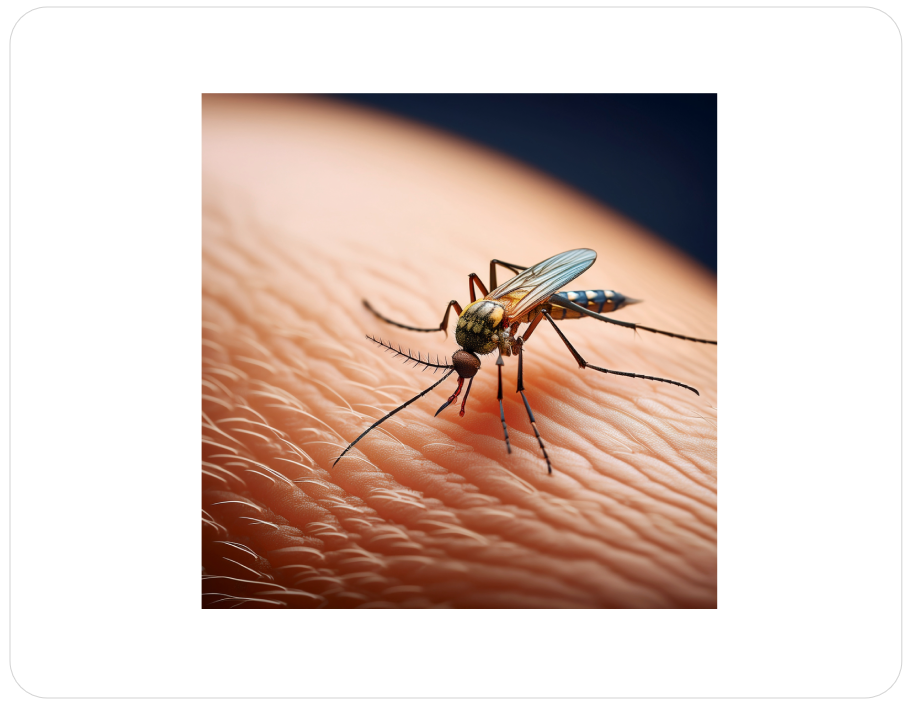
Dengue is a mosquito-borne viral infection caused by the dengue virus (DENV), which belongs to the Flavivirus family. It is transmitted primarily by the Aedes aegypti and Aedes albopictus mosquitoes, which are most active during the daytime. Dengue is prevalent in tropical and subtropical regions, including India, Southeast Asia, South America, and Africa.
The disease has four distinct strains (DENV-1, DENV-2, DENV-3, and DENV-4). A person infected with one strain gains lifelong immunity to that strain but remains vulnerable to the other three. Symptoms of dengue usually appear 4 to 10 days after a mosquito bite and include high fever, severe headache, joint and muscle pain, skin rash, nausea, vomiting, and eye pain. In severe cases, it can progress to Dengue Hemorrhagic Fever (DHF) or Dengue Shock Syndrome (DSS), which can cause internal bleeding, organ failure, and even death.
Currently, there is no specific antiviral treatment for dengue. Supportive care, including hydration, pain relievers (such as paracetamol), and rest, is recommended. Non-steroidal anti-inflammatory drugs (NSAIDs) like aspirin and ibuprofen should be avoided due to the risk of bleeding.
Prevention focuses on controlling mosquito populations by eliminating stagnant water, using insect repellents, wearing protective clothing, and using mosquito nets. Vaccines such as Dengvaxia are available in some countries but are recommended only for those with prior dengue infection.
Early detection and proper medical care significantly reduce mortality rates. Public awareness and preventive measures are crucial in controlling dengue outbreaks.
